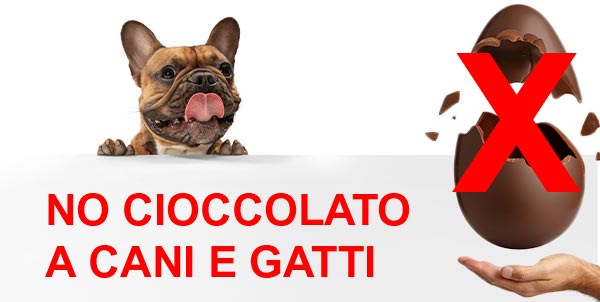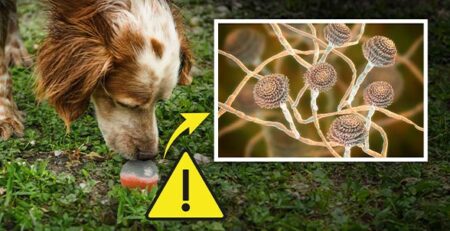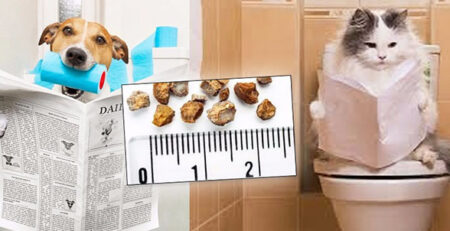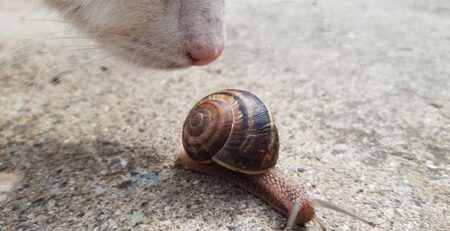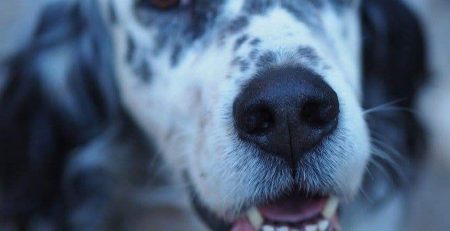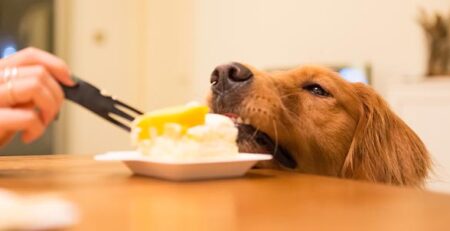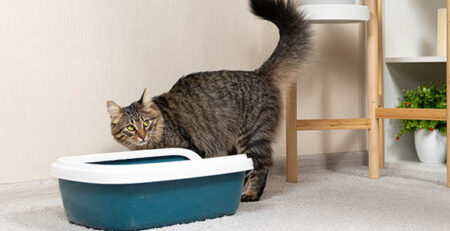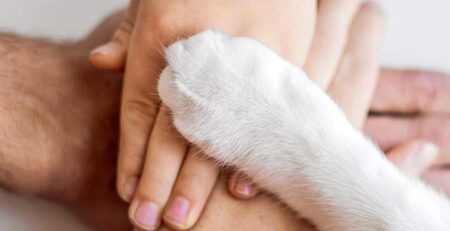Chocolate and sweets that abound on tables and in pantries during the Easter season are harmful and dangerous foods for dogs and cats.
A seemingly harmless food or tasty treat you offer your dog or cat may turn out to be an insidiously toxic substance that could even poison him or her.
Here’s a list of the “forbidden” foods to absolutely avoid and some good tips for proper, healthy eating that is truly four-legged-friendly.
The star of Easter binges: chocolate
There are so many varieties of chocolate on the market today, one of the most popular human foods, and that is why in most of our homes it is usually always present especially during the Easter season.
We know well that our beloved dogs and cats, armed with pitiful and begging looks, often manage to get bites from our plates to munch on however, in the case of chocolate, it is very important not to give in at all.
Even one small amount ingested could poison your dog or cat.
But why is chocolate toxic?
The digestive systems
of dogs and cats is very different from that of humans, and the assimilation of the same nutrients is different.
The offending substance found in chocolate is the
theobromine
.
Mostly found in dark cocoa and dark chocolate, although in smaller amounts it is also found in milk or white chocolate.
The damage caused by theobromine ingested by your four-legged friend is directly proportional to the amount taken in.
To wit, a dog weighing 10 kilograms, taking just 60 grams of dark chocolate (roughly the size of a candy bar), is at risk of death from theobromine poisoning. For larger dogs, about 160 g of dark chocolate will suffice.
Easter sweets are no less harmful than chocolate
Other foods found in our homes especially at this time are grapes, raisins and dried fruits in general.
Let’s try to shed some light on the possible harmful effects of these foods should they be ingested by your four-legged friend.
The most toxic part of grapes to dogs are the seeds.
Symptoms of grape and raisin intoxication are vomiting, diarrhea, lethargy, ataxia, polyuria, and weakness.
Nuts can cause convulsions,
neurological problems and gastric disorders.
Macadamia nuts, being particularly high in fat, cause stomach upset and pancreatitis. What’s more, they can cause the animal to have nervous system problems.
On the other hand, pistachios and peanuts, which are extremely salty, cause stomach upset and pancreatitis.
What about leavened cakes like the classic dove?
Sweets in general are high in sugars and fats, which first and foremost, contribute to abnormal weight gain and even obesity.
They also cause diabetes, which if neglected, leads to a collapse of the animal’s nervous system.
So, cookies, snacks, candy and ice cream are also to be banned.
Salty foods should also not be underestimated: dogs and cats are fond of them, but salt consumption puts them at risk of seizures.
What if the dog or cat accidentally consumes one of these harmful foods?
If the animal has accidentally ingested something harmful or you suspect it has and is lethargic, it shows
gastrointestinal problems such as vomiting
,
diarrhea
or is strangely agitated, shaking or having
convulsions, take no action and do not administer any substance that may further stimulate vomiting.
Rather, run
immediately to your trusted veterinarian.
It will be the sole responsibility of the veterinarian to determine how to intervene to stabilize the animal and avoid the worst.
Word of caution: be careful what you leave around!
As always, prevention is the main solution.
Make chocolate and harmful foods inaccessible to your four-legged friend by taking care to store them on the highest shelves and avoiding leaving them within “paw” reach.
We all agree that it is difficult to give in to their demands for food.
However, even a small exception to the rule can be very dangerous.
Always keep in mind the fact that refusing him a harmful food is not a rudeness but an act of love toward your best friend.
Nutrition also plays a primary role for dogs and cats, and if you want to take care of your four-legged friend, you cannot neglect this aspect.
Without the necessary expertise and detailed knowledge of the physiology of the animals’ bodies, it is easy to run into nutrition problems that expose them to risk factors for their health and usually manifest as full-blown diseases in the medium and long term.
If you would like further insight, book an in-office consultation: our Staff Veterinary Doctors will be able to advise you on the most appropriate diet plan for your four-legged friend.
We also remind you that in case of need and urgency Clinica La Veterinaria is always open h24 every day including holidays and with First Aid service from 8 pm to 8 am.
For the joy of seeing them HAPPY

